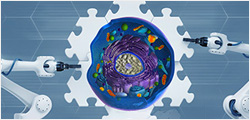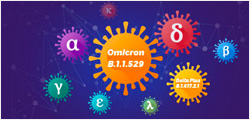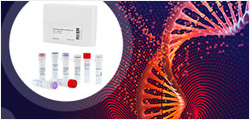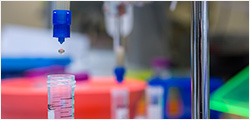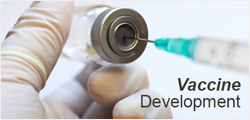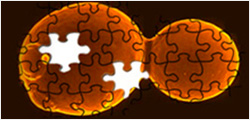
The purity of PILRA hFc Chimera, Human is greater than 95% as determined by SEC-HPLC.

PILRA hFc Chimera, Human on Bis-Tris PAGE under reduced condition. The purity is greater than 95%.
PILRA hFc Chimera, Human
Alzheimer's disease (AD) is a neurodegenerative disease characterized by a progressive decline in cognitive performance; Mild Cognitive Impairment (MCI) is instead an objective decline in cognitive performance that does not reach pathology. Paired immunoglobulin-like type 2 receptor alpha (PILRA) is a cell surface inhibitory receptor that was recently suggested to be involved in AD pathogenesis. In particular, the arginine-to-glycine substitution in position 78 (R78, rs1859788) was shown to be protective against AD.
| Z05753 | |
|
|
|
| ¥63,425.00 | |
|
|
|
|
|
|
| Ask us a question | |









